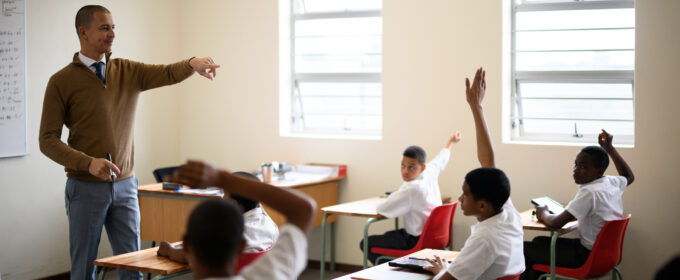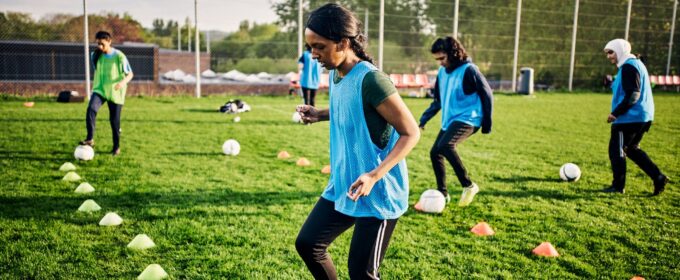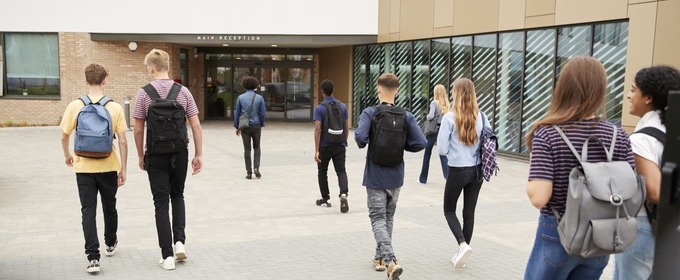Children’s oral health in England is in crisis, with thousands of children across the country suffering from dental caries, the most prevalent and prominent form of dental disease. In response, the government has promised measures to tackle dental health inequalities. But how can policymakers best implement this plan to ensure it has the desired impact? […]









